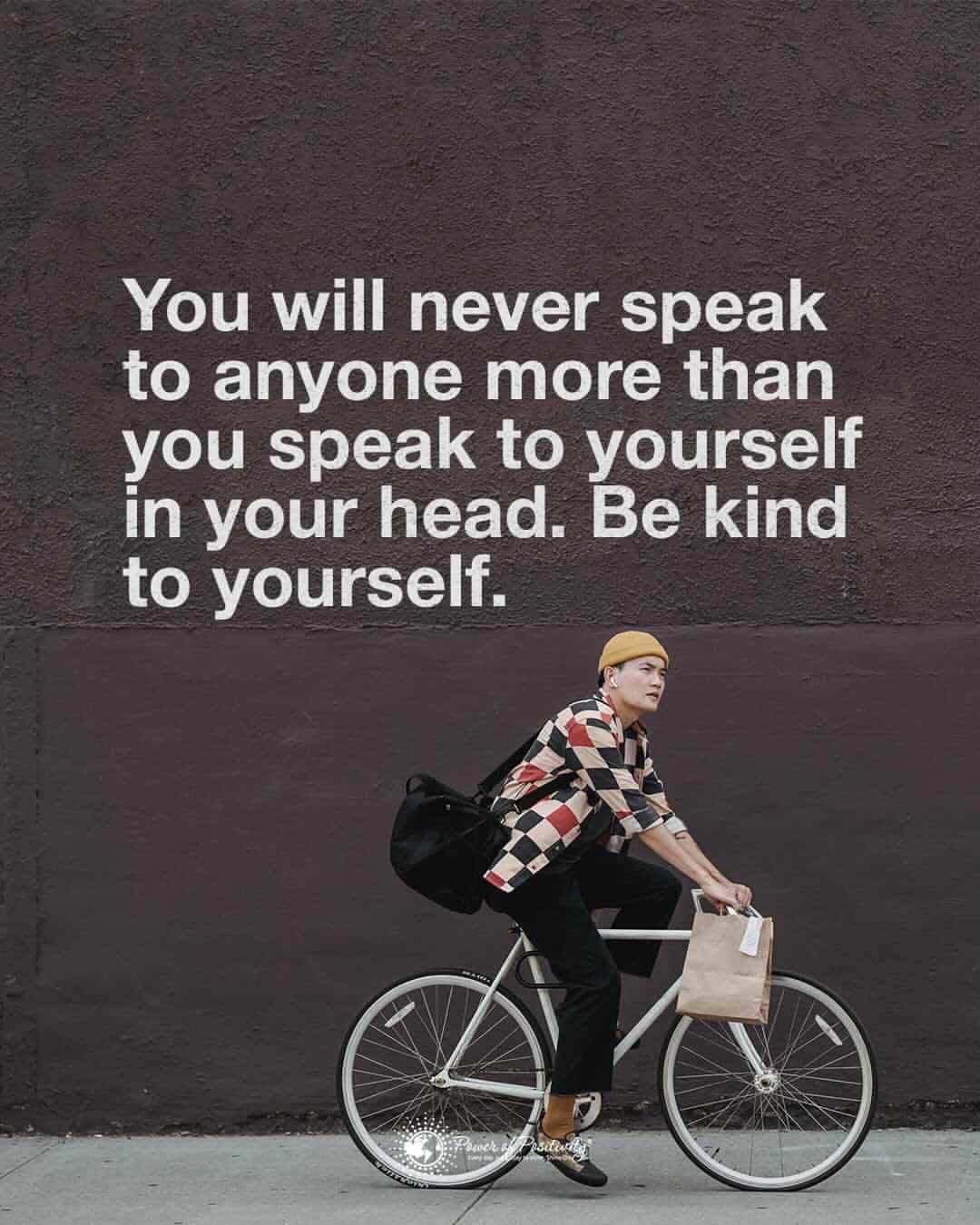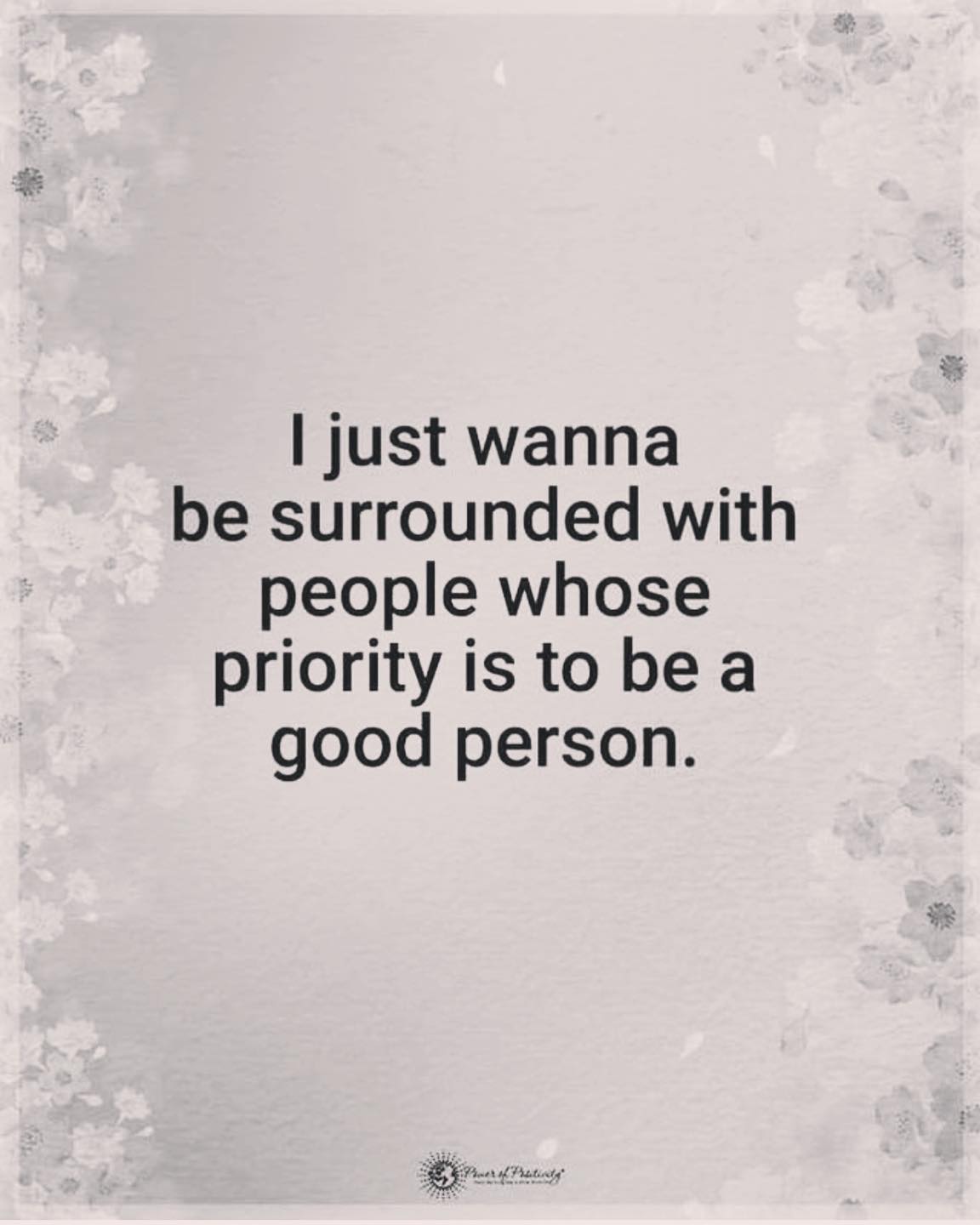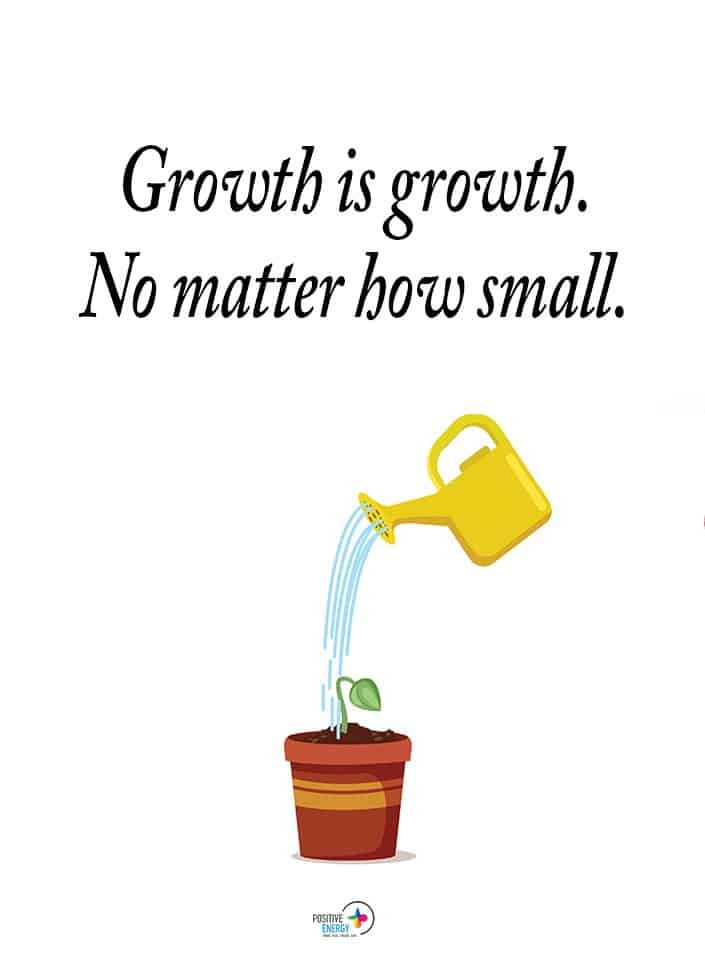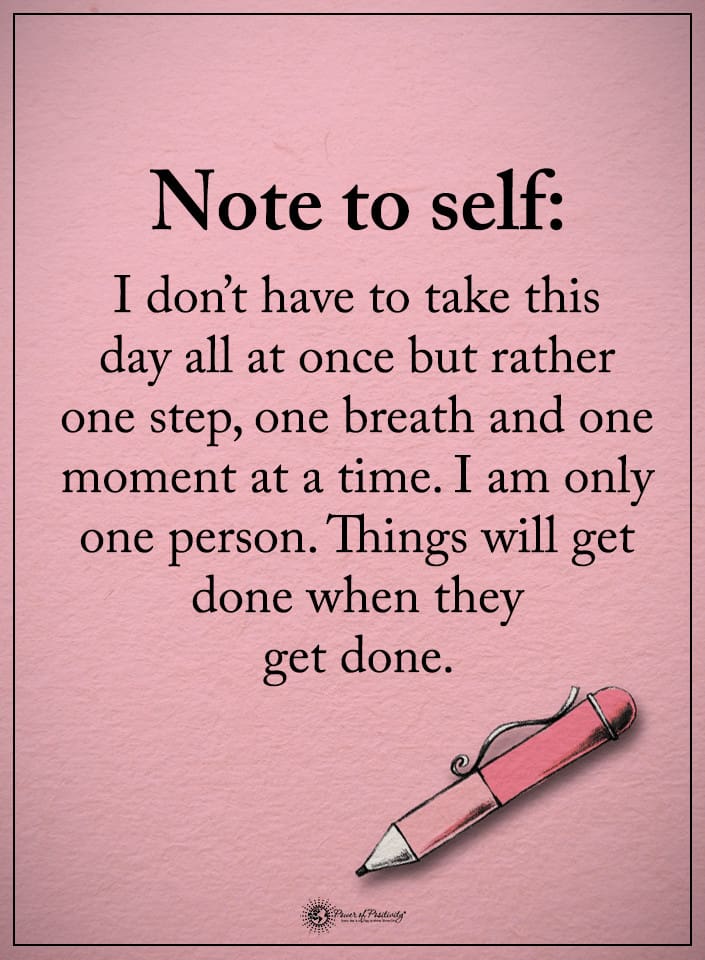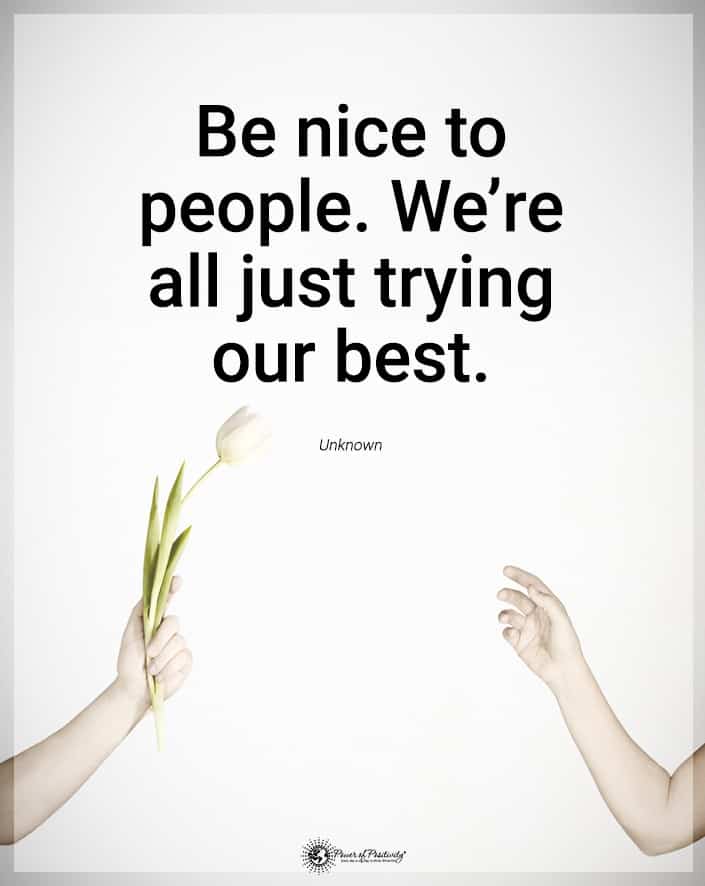If you’re one of the millions of people that suffer from anxiety in this country, then you’re constantly looking for ways to stop these uncomfortable feelings. Anxiety happens when you least expect it, and there’s often no rhyme or reason for why you feel this way. Thankfully, you should know that this is an easily treatable mental illness, and many people can live full and happy lives by utilizing anxiety reduction techniques.
While there’s often no root cause to your anxiety, it may stem from particular (albeit unknown) circumstances. If you’re under a great deal of chronic stress, it’s only natural to have high levels of tension and panic. Anxiety disorders are a broad spectrum too.
One person may hoard things to make them feel secure and help with their anxiety, while another may pull out their hair or become obsessed with unrealistic rituals. Since the spectrum is so broad, you never really know which way anxiety will affect you.
According to the Cleveland Clinic, you can develop a phobia, generalized anxiety disorder, social anxiety, post-traumatic stress disorder, or one of the many other conditions in this mental health category. The key is not to focus on the debilitating condition and how it makes you feel but to find ways to counteract and control this disorder.
Eight Anxiety Reduction Strategies
If you’re like most people, you don’t care how it got here or what caused it, but you want anxiety reduction strategies to make it go away. Below is a list of ways to control this mental health disorder.
These tips range from common therapeutic approaches to bizarre strategies, but the key is that they work. You might need to experiment and find the one that helps you the most.
1. Box Breathing as an Anxiety Reduction Technique
There are many ways and techniques to use your breathing to calm yourself. Some call it box breathing, which is where you inhale to the count of four, hold for four breaths, and then exhale slowly to the count of four. You can practice different strategies to see what works.
According to the Cleveland Clinic, box breathing works so well even the United States Navy Seals use it during their training and on the field. The key is that this form of breathing not only lowers your stress hormones, but it also lowers your blood pressure. You will start to feel better almost immediately when you use these tactics.
2. Get Out in the Fresh Air
The critical aspects of an anxiety attack are that it kicks the body into fight or flight mode. Now, you can stay and fight the feeling, but some people find that a change of scenery can stop things. For instance, the fresh air has a calming effect on you.
Have you ever been cooking in the winter and going outside to cool off? The icy air feels good on the body, and it can bring your body temperature into a normal range. There’s something therapeutic about going outside and breathing in the fresh air regarding anxiety reduction.
Even if it’s in the middle of summer, feeling the sun’s warm rays on your skin and the tranquility that nature provides is very healing.
3. Meditate for Anxiety Reduction
People meditate for many reasons, but one of the advantages is controlling anxiety and panic disorder. When you meditate, you cleanse your mind of all the negativity you pick up throughout your day. An anxiety disorder is often based on chronic worrying, so it can stop the anxiety when you learn how to keep your mind at ease.
This ancient art is a spiritual practice that harmonizes the mind-body and spirit. It’s great for chronic stress, and studies have shown that it’s very beneficial for those folks suffering from anxiety disorders.
A study cited on the National Library of Medicine shows an effective therapeutic strategy that showed remarkable results in an 8-week group intervention. The trial also found that it improved stress reactivity and coping skills.
4. Divert Your Mind
Sometimes all you need is a way to divert your mind. Your thoughts and feelings can change at a moment’s notice. One technique that works well involves the cell phone. If you start to feel your anxiety rising, you should grab your phone and play a game.
Focusing on the game and putting your energy into this will help to calm you. Since the brain can’t focus on two things simultaneously, it’s often easier to watch a video, chat with a friend, or play something. It’s a straightforward but effective technique.

5. Ground Yourself by Walking Barefoot
It’s effortless to become ungrounded when your world turns upside down. Anxiety can often make you feel like the rug has been pulled out from under you, but grounding exercises can allow you to regain your footing. Take your shoes off and walk around your yard.
Don’t just walk around aimlessly, but you need to feel the warmth or coldness of the earth between your toes. According to The Mind’s Eye, only 20 percent of the world’s population wears shoes on their feet. However, here in this country, shoes are essential.
The problem is that these shoes are blocking you from many therapeutic benefits. When you take off your shoes, it causes you to feel a sense of belonging, home, resilience, and security. There are pressure points on your feet that you stimulate when you walk, and the energy from the earth accelerates your body’s electrical activity.
6. Anxiety Reduction Using an Ice Bath
Using ice for anxiety is a simple concept, but the frigid temperature can stimulate the vagal nerve. According to Dr. Sharon Livingston, this method works because it activates the parasympathetic nervous system. Dunking your head in ice water, rubbing an ice cube on the wrists or back of the neck, and taking an ice bath can stop the fight-or-flight response.
If you have a heart condition, you shouldn’t try this method as it can be too much for the heart to handle. However, starting small with an ice cube to see how you do is advisable. You can work your way up, if necessary, to more extreme measures, like the ice bath.
7. Snap Your Wrist with a Rubber Band for Anxiety Reduction
Snapping your wrist with a rubber band is an anxiety reduction strategy based on the concept that the brain can’t focus on two things at once. If you’re in pain, your body will respond to that area and send white blood cells. When you have anxiety and pain simultaneously, the body will pick the most important of the two to “fix.”
Now, it’s essential that if you engage in this remedy, you know that the snap of the band must be light, as this is all it takes. If you’re leaving big marks or causing welts to appear, then you’re going overboard. Cutting is a poor strategy that many folks use for extreme anxiety, and it’s nothing but mutilation tactics. However, the rubber band technique can go to extremes and become self-harm if you’re leaving marks.
8. Emotional Freedom Technique or Tapping
Tapping involves touching pressure points throughout the body several times. It’s based on the principles of acupressure, which is where meridian lines or points are in the affected area. For anxiety, The Tapping Solution suggests that you tap 7-9 times on these points in the head, face, and chest.
When you bounce on these areas, you’re stimulating the amygdala area of your brain. This region controls your fight or flight response So you can use this anxiety reduction tool to calm it back to a normal range.
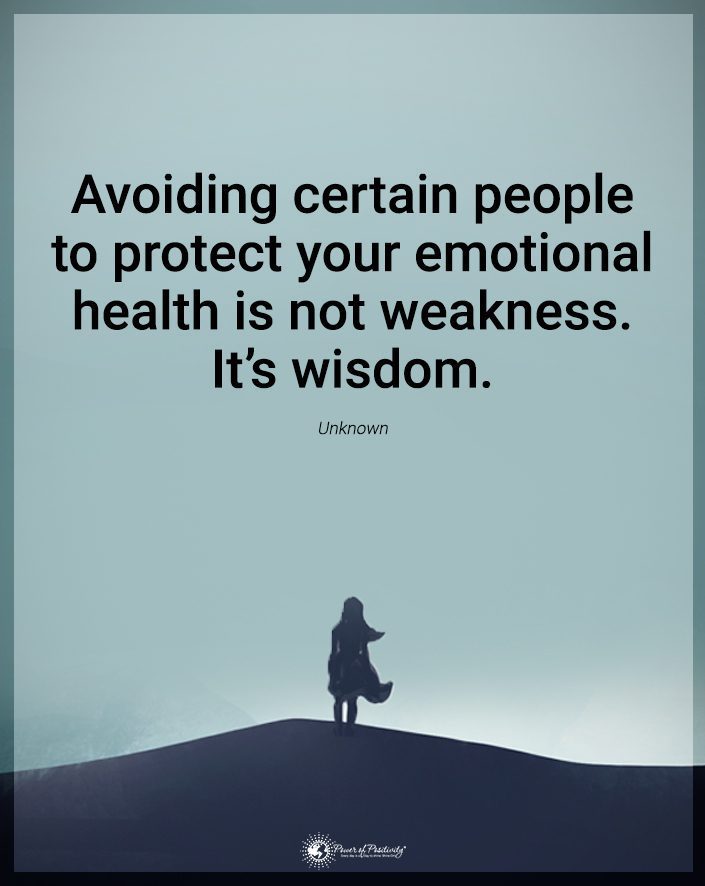
Final Thoughts on Anxiety Reduction Strategies
Dealing with anxiety is complicated at best. You want relief and hope that you never have to deal with it again. Sadly, one attack usually leads to more, and sometimes it can overcome you and become debilitating. Remember, you’re in control here and not this mental illness.
Since you’re in the driver’s seat, you can try many different things to bring relief. Everything on this list isn’t going to work for every person, and you may need to play around with methods through trial and error. The key is that if something doesn’t work for you the first time, it doesn’t mean it won’t work at all.
Anxiety is a fear-based condition where you believe and feel that threats are present that are not so. Sometimes your body gets stuck in the fight or flight mode when your stress hormones like cortisol are too high. While you need cortisol if you’re in danger to help you get to safety, it doesn’t do anything but wreak havoc on your nerves when there’s no danger present.
What methods have you tried for anxiety reduction, and were they effective? You can live an extraordinary life without fear when you learn to show anxiety that you are the boss.

